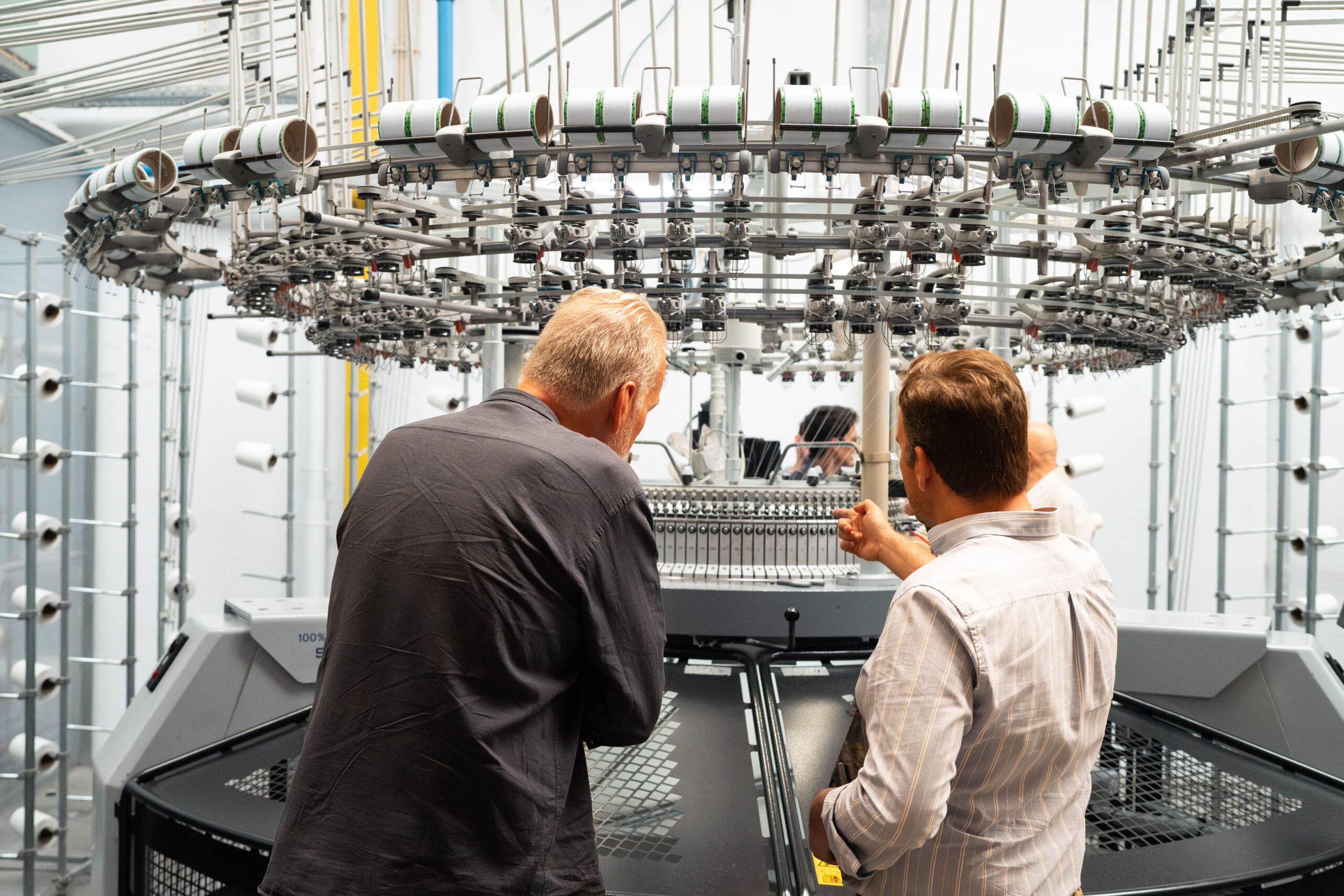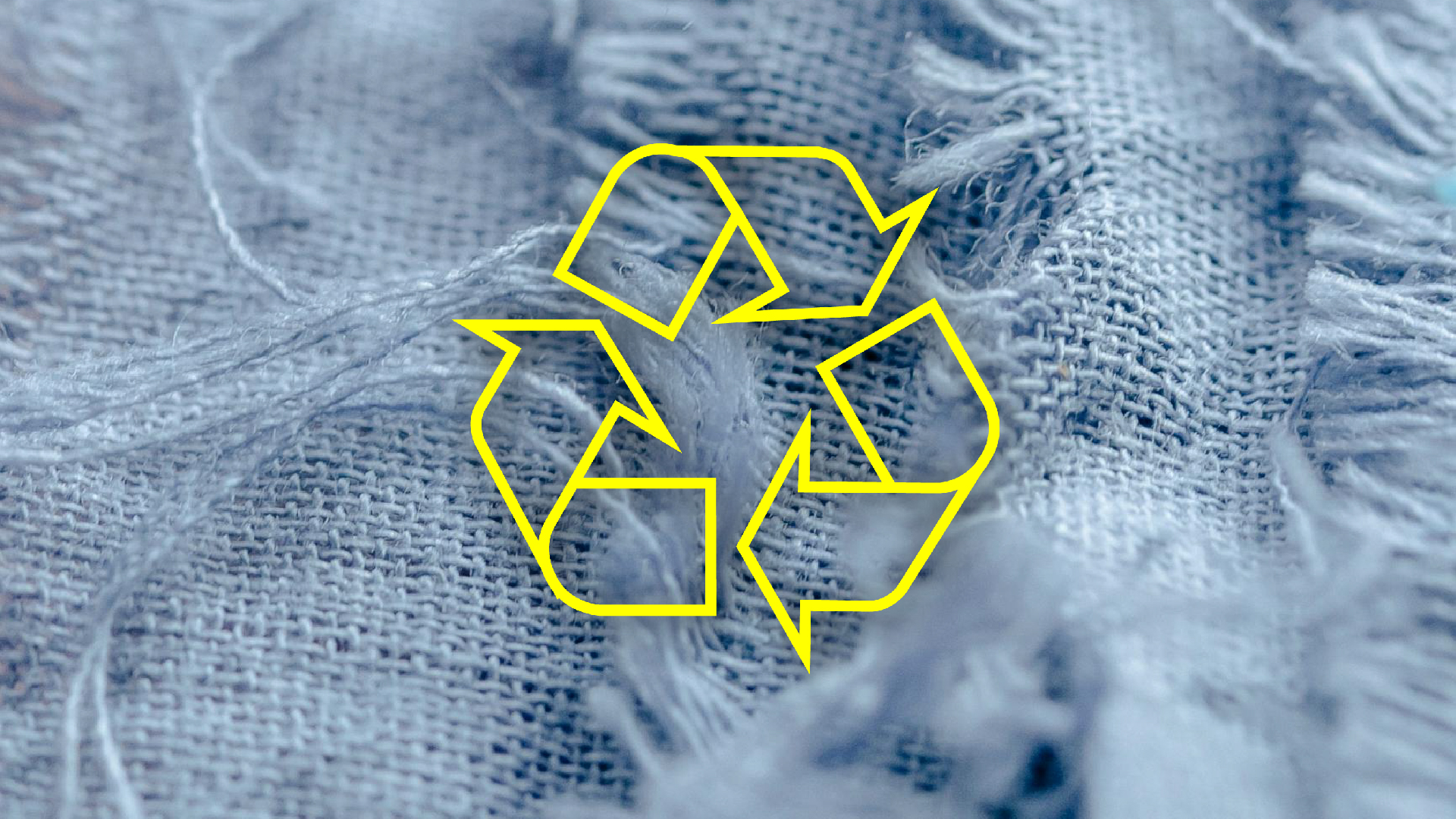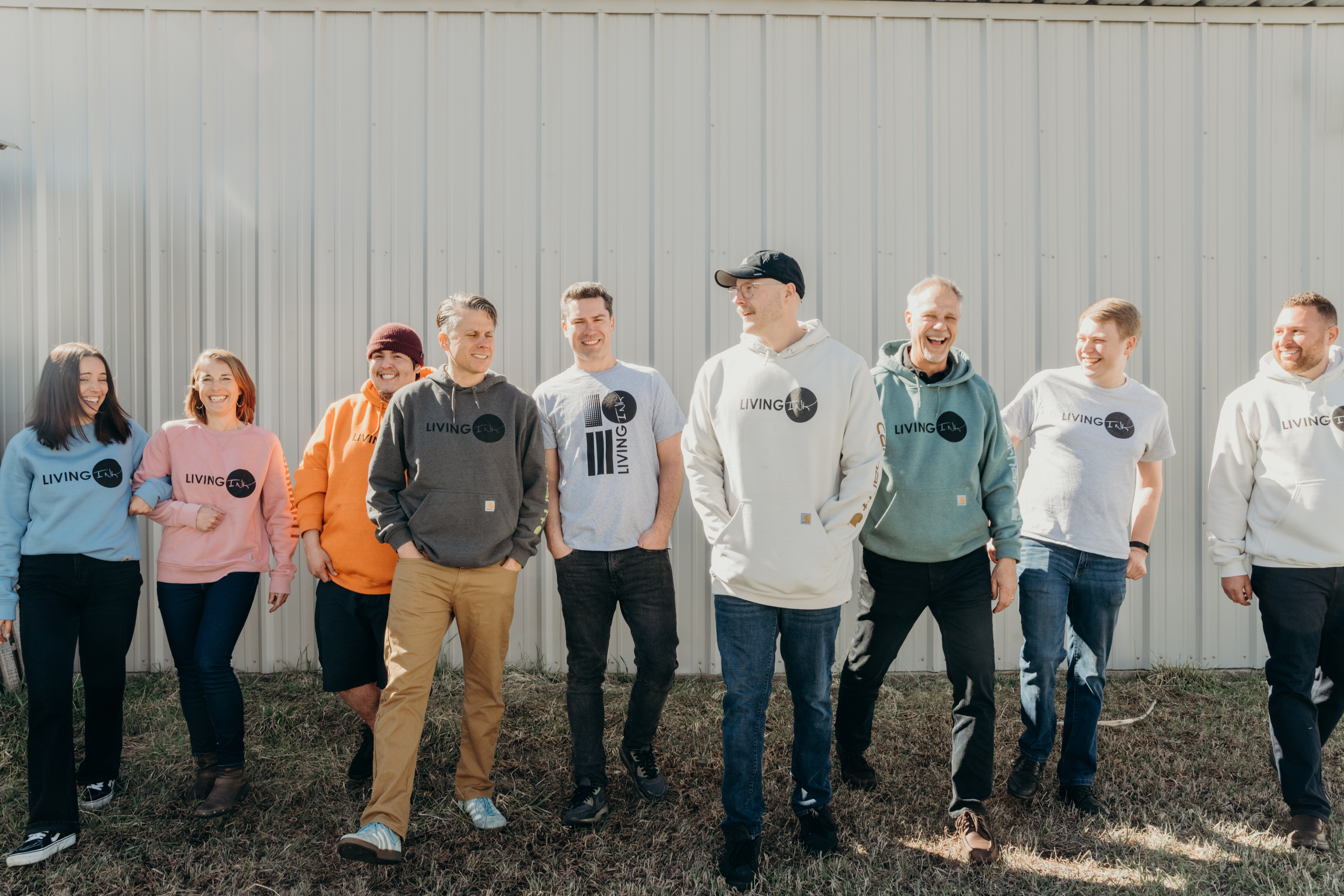Fashion for Good and adidas partner to accelerate and scale sustainable innovation in the apparel industry
11 January 2018
AMSTERDAM- Fashion for Good, a global initiative to make all fashion good, and adidas, a global leader in the sporting goods industry, today announce their partnership to accelerate and scale sustainable innovation in the apparel industry. This partnership demonstrates a shared commitment to cross-industry collaboration and to integrating disruptive innovation in the fashion supply chain.
With the addition of adidas to its network, Fashion for Good gains a committed partner and industry leader with strong sustainability and innovation credentials. As a partner, adidas will play a significant role in setting Fashion for Good’s innovation agenda, including by defining focus areas, participating in the selection of new innovators and providing expertise and mentorship to circular apparel startups. In turn, adidas will gain specialized scouting and screening support, as well as preferential access to market-ready innovations through Fashion for Good’s extensive network. adidas will also contribute to the development of the full Fashion for Good Experience, an experiential, consumer-facing concept space that will open to the public in Fall 2018.
Fashion for Good is a global platform for innovation, made possible through collaboration and community. This platform includes the Fashion for Good-Plug and Play Accelerator, a 12-week startup programme run with Plug and Play, a leading Silicon Valley accelerator, to give promising startup innovators the funding and expertise they need in order to grow. It also includes a robust Scaling Programme, which provides bespoke support to circular apparel and footwear innovations that have passed the proof-of-concept phase.
“As a global apparel and footwear leader with strong commitments to innovation and sustainability, we are excited to welcome adidas to the Fashion for Good platform,” said Katrin Ley, Managing Director, Fashion for Good. “Together with adidas and our other partners, we are accelerating the transition to a circular apparel industry and reimagining the way fashion is designed, made, worn and reused.”
“We want to be a driver for sustainable innovation, both within the industry and towards consumers,” said James Carnes, Vice President Strategy Creation, adidas. “At adidas, we have an Open Source approach where we believe in solving problems through collaboration with others. In this line of thinking, our partnership with Fashion for Good reinforces our commitment to sustainability and to building a network that impacts the world of consumers — together.”
With an open invitation to the entire apparel industry to join, Fashion for Good convenes brands, producers, retailers, suppliers, non-profit organisations, innovators and funders in a pre-competitive space to identify, support and embed breakthrough technologies into the fashion supply chain and jointly transform the industry.
—
About Fashion for Good
Fashion for Good is the global initiative that is here to make all fashion good. We are a global platform for innovation, made possible through collaboration and community. With an open invitation to the entire apparel industry, Fashion for Good convenes brands, producers, retailers, suppliers, non-profit organisations, innovators and funders united in their shared ambition.
At the core of Fashion for Good is our innovation platform. Through our Fashion for Good-Plug and Play Accelerator, we give promising start-up innovators the funding and expertise they need in order to grow. Our Scaling Programme supports innovations that have passed the proof-of-concept phase, with a dedicated team that offers bespoke support and access to expertise, customers and capital. Finally, our Good Fashion Fund (in development) will catalyse access to finance where this is required to shift at scale to more sustainable production methods.
Additionally, Fashion for Good acts as a convener for change. From its first hub in Amsterdam, it houses a Circular Apparel Community co-working space, creates open-source resources like its Good Fashion Guide and welcomes visitors to join a collective movement to make fashion a force for good.
Fashion for Good was launched in 2017 with C&A Foundation as a founding partner. Its programmes are supported by corporate partners C&A, Galeries Lafayette Group, Kering, Zalando, adidas as well as organisations including the Cradle to Cradle Products Innovation Institute, the Ellen MacArthur Foundation, IDH – the Sustainable Trade Initiative, Impact Hub Amsterdam, McDonough Innovation, Plug and Play and the Sustainable Apparel Coalition.
About adidas
adidas is a global leader in the sporting goods industry with the core brands adidas and Reebok. Headquartered in Herzogenaurach/Germany, the company employs 60,000 people across the globe and generated sales of € 19 billion in 2016.
Other Articles

In conversation with Smartex: Explore Smartex’s AI-driven solutions transforming quality control and reducing waste

Fashion for Good and Textile Exchange Team Up to Trace Textile Waste

